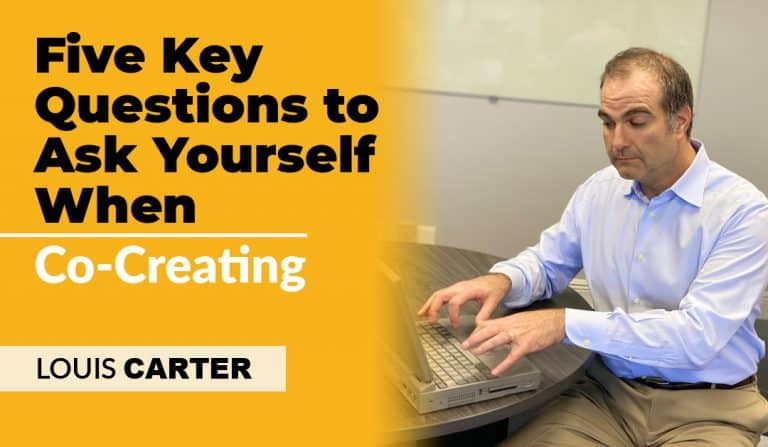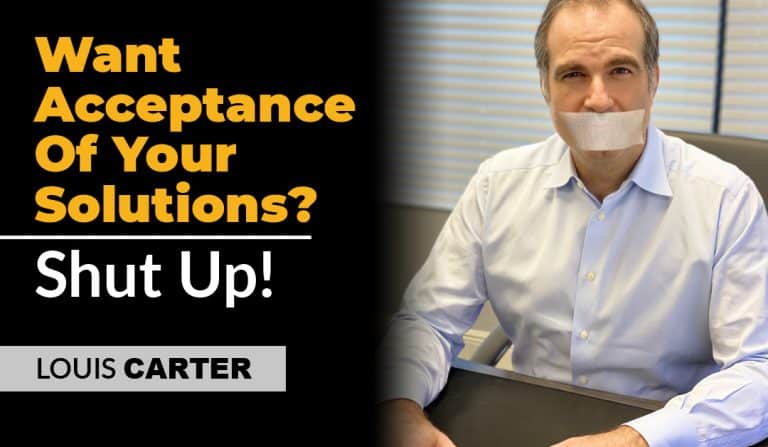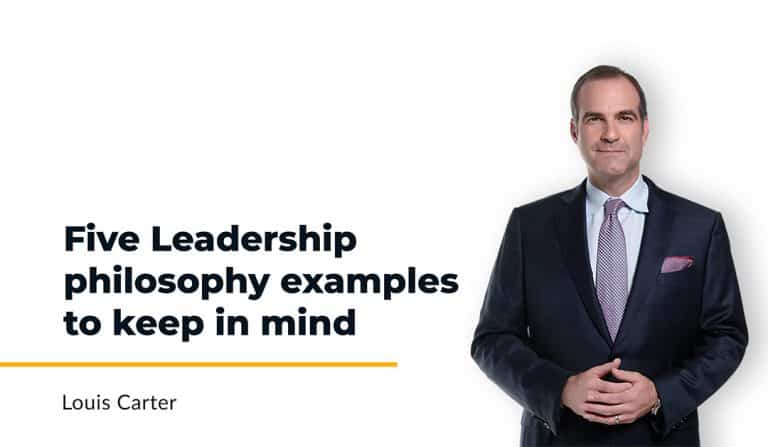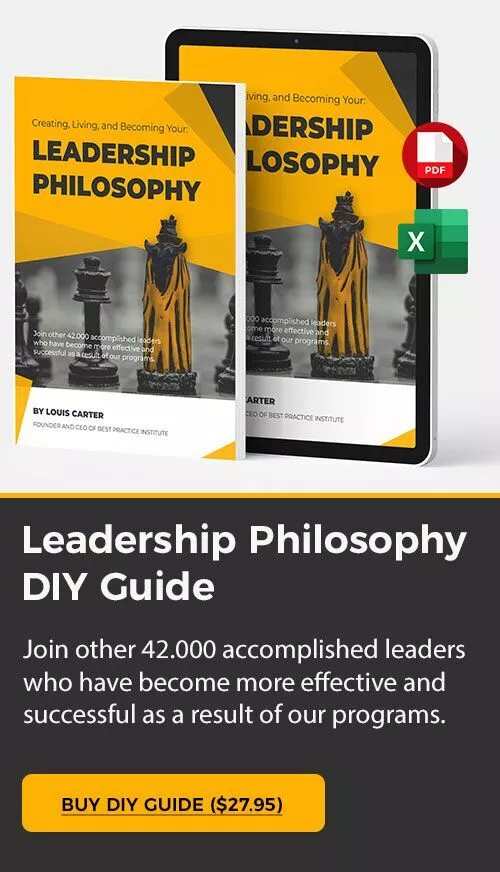In preparation for my new book on Emotional Connectedness, I asked several of my most trusted colleagues from the MG100 to tell me what they thought about the concept of emotional connectedness in business and life.
In Search of Emotions: Confessions of a Strategic Thinker
By Jeffrey Kuhn, EdD
Like many baby boomers, I was raised in the Cartesian tradition of subjugating emotions—the “passions of the soul” as Descartes called them. After all, emotions lie, and big boys don’t cry, or so I was taught. This imprinting led to a lifelong preference for thinking, especially abstract thinking and reflection, over feeling.
Twenty years ago, when Daniel Goleman’s work in emotional intelligence hit the scene, I dismissed it as silly human resources stuff. A couple of years later, during my doctoral studies at Columbia University, I was astonished by the number of colleagues who researched arcane forms of emotions, from somatic expression to emotional states of consciousness, for their dissertations, rather than something more practical that could be used in the real world. Despite my misgivings, emotions had taken center stage.
Reluctantly, through a series of pivotal experiences, I began to unchain my heart and see emotions in a new light. Shortly after graduation, an osteopath whom I’ve worked with for years (I’m a competitive cyclist) suggested that my head (intellectual capacity) and heart (emotional capacity) were out of balance. Decades of developing my mental muscle had taken a toll on my emotional capacity to a point where I would literally think what I was feeling rather than feel what I was feeling. I rejected his observation as New Age babble, but the seed had been planted—I gradually started to feel experiences and even found myself tearing up at movies. I also started noticing (and feeling) emotional capacity in others. While sitting on the tarmac on a flight home from Paris, I overheard a man sitting next to me counseling his son on his mobile phone. After the call, I commented to him that he had a deep capacity for love. We’ve since become close friends with a deep emotional bond.
My emotional journey accelerated in 2010 when I had the opportunity to deliver a series of partner-level executive development programs for a preeminent management consultancy. For several months I worked closely with senior partners in the firm and was struck by the emotional capability of these leaders. I remember drawing a Venn diagram on a piece of paper while observing a senior partner facilitate a session. In the left circle I wrote “intellectual sophistication,” and in the right circle I wrote “human connection.” Admittedly, for much of my life, I regarded credentials and craft—not emotional capacity—as the road to riches, but this experience had illuminated a blind spot in me. The X factor, I concluded, lay in having both dimensions—intellectual sophistication and emotional capacity—working synergistically rather than at odds with each other.
At that point in my journey, despite shedding an occasional tear at the movies or during one of those animal rescue commercials, for me, emotional capacity was an abstract concept on a Venn diagram. But, as they say, the teacher will appear when the student is ready. In 2013, I had been re-engaged by the management consultancy to develop a custom leadership program for its senior associates. At the time, my elderly father had been in declining health and had been moved into hospice care the week prior to the launch of the program. Just as I was leaving for the airport to travel to the conference center, I received the phone call that I had been dreading. My father had passed away. Like childbirth, nothing in life prepares you for a parent’s death. I was shell-shocked and in a mental fog, but as my dad would have said, “The show must go on.” I called Abby, my program partner at the firm, to let her know my father had passed away and that I would be with her the next day to launch the program and facilitate my session on strategic leadership after lunch, but I would need to leave at the end of the day to be with my family. This was a six-month immersive program so I would have plenty of opportunities to connect with participants.
The next day, at the conference center, I will never forget the outpouring of love that I felt (yes, felt) from members of the firm. During her opening comments, Abby shared with the participants that I was in the midst of a difficult family situation but that I wanted to be with them to launch the program. I will never forget what she said next: “Jeff is a partner in every sense of the word. Our mission is his mission.” That’s when the light finally came on. After decades of pushing an intellectual boulder up a hill, I recognized that intellectual sophistication, although essential, won’t produce the deep emotional connection with others that is paramount in socially complex business environments, and in life in general. Something more is needed. That something is emotional capacity and connection.
From a strategic perspective, emotional connection has also become a key differentiator that is impossible for competitors to imitate. Like many business strategists, I marvel at the droves of Apple devotees camping out on the sidewalk in front of their local store to be the first kid on the block sporting the latest iPhone. Admittedly, I’m a Samsung/Android guy, and don’t totally get the Apple thing, but I’m savvy enough to recognize that Apple mania is not about slick technologies—these are easily replicated by competitors—but rather, is based on a deep emotional affinity with the Apple brand and members of the tribe.
I have a considerable way to go in my emotional journey, and I doubt whether I will ever be able to channel my inner Oprah. But I certainly recognize the role of emotions in business and make it a habit of having my trusty Venn diagram tucked in my jacket pocket to keep my intellectual yang and emotional yang balanced when working with executive teams. Who knows, I might even become more “mindful,” the current corporate craze!
About the Author
Dr. Jeffrey Kuhn is a distinguished thinker, author, advisor, educator, and speaker with expertise uniquely positioned at the intersection of strategy, innovation and growth, and organizational renewal—the work of strategic leadership. His research, teaching, and advisory work center on helping senior business leaders develop the capacity to think and lead strategically in dynamic market environments undergoing profound change.





